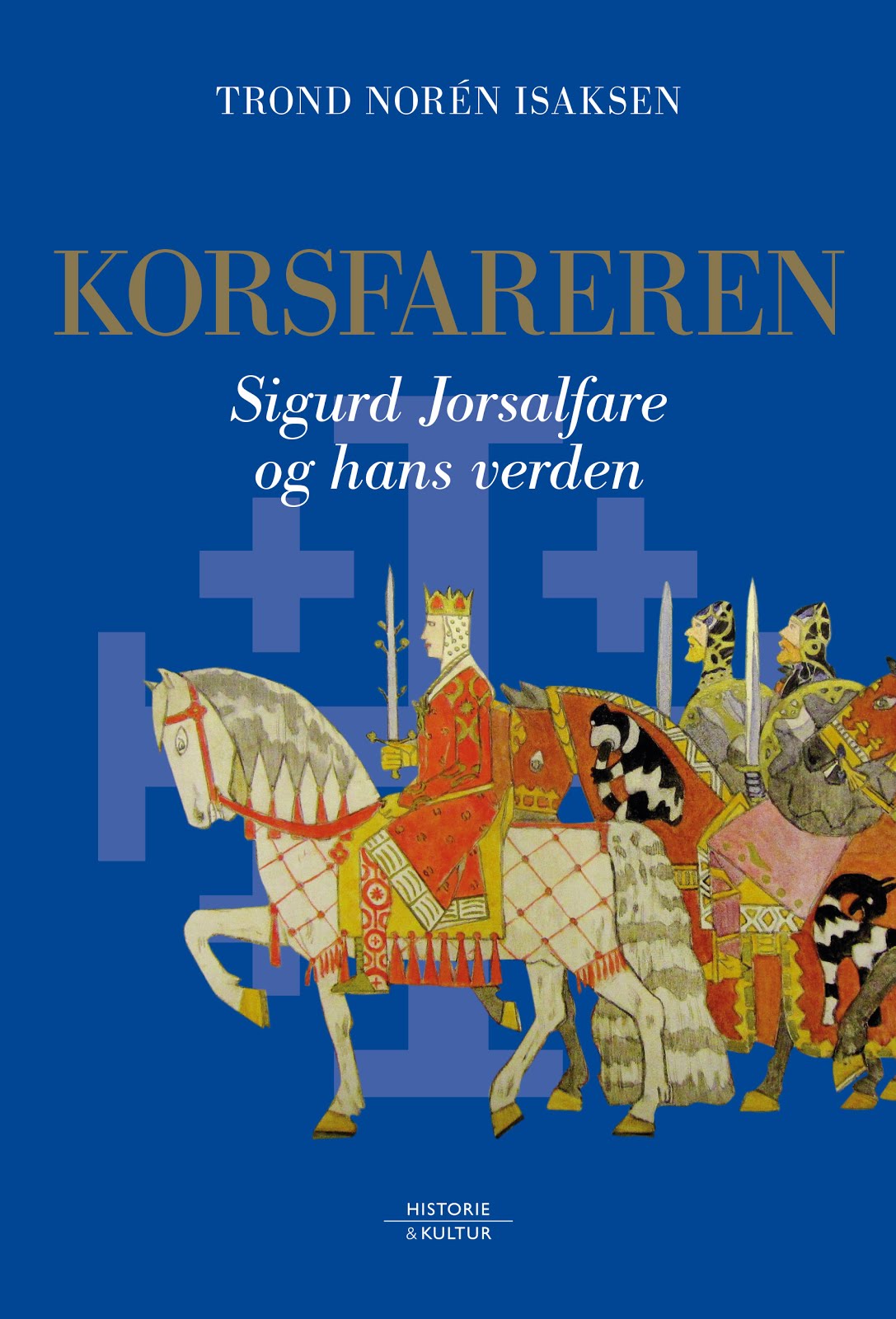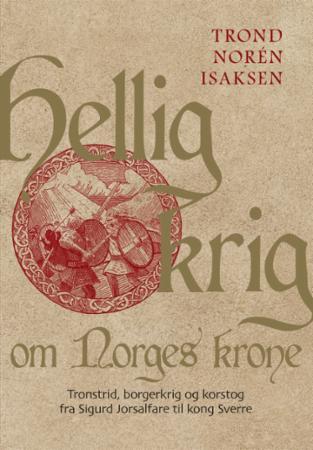 This year marks the 20th anniversary of the revolutions in Eastern and Central Europe in 1989 which brought down the authoritarian communist regimes in Poland, Czechoslovakia, Bulgaria, Romania, East Germany and Hungary and trigged the collapse of the Soviet Union two years later. To mark the anniversary Weidenfeld & Nicolson some weeks ago published Revolution 1989: The Fall of the Soviet Empire by the Hungarian-born British journalist Victor Sebestyen, whose first book, Twelve Days, on the doomed Hungarian uprising of 1956, was met with critical acclaim in 2006.
This year marks the 20th anniversary of the revolutions in Eastern and Central Europe in 1989 which brought down the authoritarian communist regimes in Poland, Czechoslovakia, Bulgaria, Romania, East Germany and Hungary and trigged the collapse of the Soviet Union two years later. To mark the anniversary Weidenfeld & Nicolson some weeks ago published Revolution 1989: The Fall of the Soviet Empire by the Hungarian-born British journalist Victor Sebestyen, whose first book, Twelve Days, on the doomed Hungarian uprising of 1956, was met with critical acclaim in 2006.In this excellent new book, Sebestyen singles out certain key events – such as the election of a Polish pope in 1978 and his momentous visit to his homeland, the strikes at the Lenin Shipyard in Gdansk and the emergence of Solidarity, the Hungarian “palace coup” directed at János Kádár, the mellowing of Ronald Reagan and the rise of the dynamic Mikhail Gorbachev following a succession of Soviet leaders virtually at death’s door – but also other events less directly related but of some political or symbolical significance – such as Matthias Rust landing his plane in the Kremlin in 1987, the Chernobyl disaster in 1986 and the Soviet failure in Afghanistan.
The gripping narrative shows how the communist regimes were gradually weakened and binds these events together until climax is reached with the events of 1989 – the round table talks and subsequent almost free elections in Poland, the stolen local elections in the GDR and the protests which drove Honecker from office, the opening of the Hungarian border, the fall of the Berlin Wall, the coup in Bulgaria, the Velvet Revolution in Czechoslovakia and the executions of the Ceausescus on Christmas Day. In the final chapter the Vatican band plays “the Internationale” as the Gorbachevs are received by the Pope and Czechoslovakia’s new president Václav Havel addresses the crowds outside Prague Castle on New Year’s Day 1990.
There are only two things I miss in this book. When dealing with the pro-democracy demonstrations directed at the communist regimes in 1989 I think it could have been of some value to try and see the Tiananmen Square protests in relation to those in Europe. And as the author charts the (long) background for the downfall of the Soviet “empire” in Eastern Europe it would seem natural to me not to end the story in the New Year of 1990, but to take it through all the way to 1991 and the dissolution of the Warsaw Pact and the Soviet Union itself.
Nevertheless this does not detract from that this is a great book, one of the best of 2009, and warmly recommended to anyone with an interest in recent European history.
From the publisher’s website:
http://www.orionbooks.co.uk/HB-40424/Revolution-1989.htm





No comments:
Post a Comment
Comments are welcome, but should be signed - preferably by a name, but an initial or a nick will also be accepted. Advertisements are not allowed. COMMENTS WHICH DO NOT COMPLY WITH THESE RULES WILL NOT BE PUBLISHED.